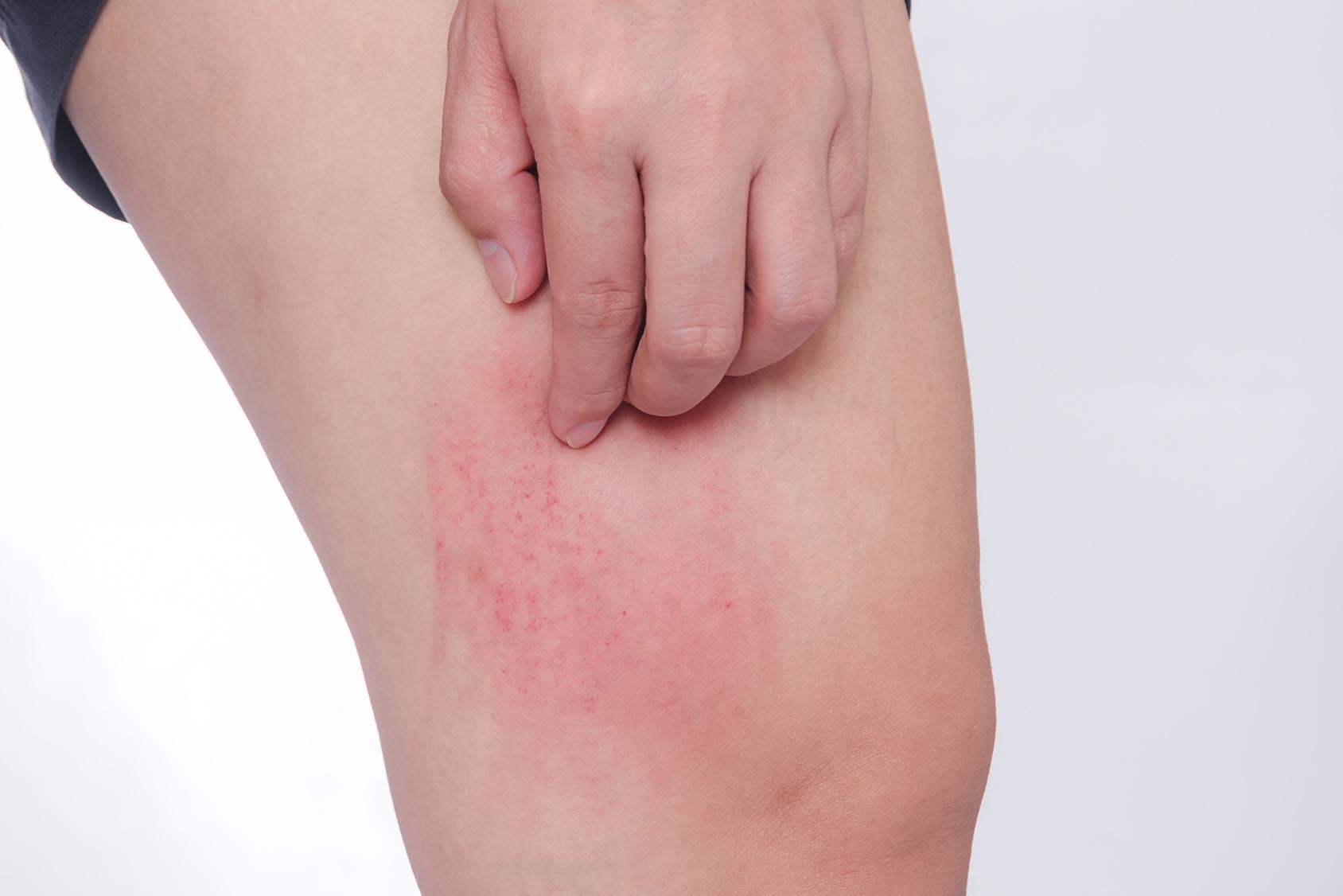Scientists have traced how the interplay between different species of Staphylococcus bacteria on the skin could influence the degree of skin damage and inflammation in eczema. The study was published in Science Translational Medicine.
Eczema, which affects up to 20% of children and 3% of adults worldwide, arises when the immune system attacks the skin barrier, causing symptoms that include redness and itchiness.
Previous studies have shown that Staphylococcus aureus bacteria are more abundant on the skin of people who suffer from eczema. But the link between changes in the skin microbiota and the development of the disease is poorly understood.
Toxic communication
To better understand the relationship between S. aureus and the skin microbiota, Michael Williams at the University of California, San Diego, and his colleagues collected samples from human skin and exposed them to S. aureus bacteria. Then, they grew colonies of the bacteria on mouse skin.
The team found that S. aureus used a process called “quorum sensing” as a means of communication between bacteria of the same species. The microbes used quorum sensing to know when to release molecules and toxins that damage the skin barrier. This way, the bacteria can penetrate deeper in the skin, causing inflammation.
Skin-friendly microbes
Next, the researchers analyzed the microbiota from the skin of 5 healthy people and 11 individuals with eczema and found that other skin-dwelling Staphylococcus species can fight off the toxins produced by S. aureus through proteins that block quorum sensing.
When the scientists isolated a peptide from one of these beneficial species (Staphylococcus hominis) and applied it onto mice with eczema, they observed that it protected the rodents’ skin from the inflammation caused by S. aureus.
The findings show that bacteria commonly found on the human body can contribute to regulating the skin barrier, and changes in the skin microbiota could be responsible for skin damage and inflammation.
Future research to uncover the relationship between host skin and S. aureus could help to improve current therapeutic approaches to eczema, the scientists say.









